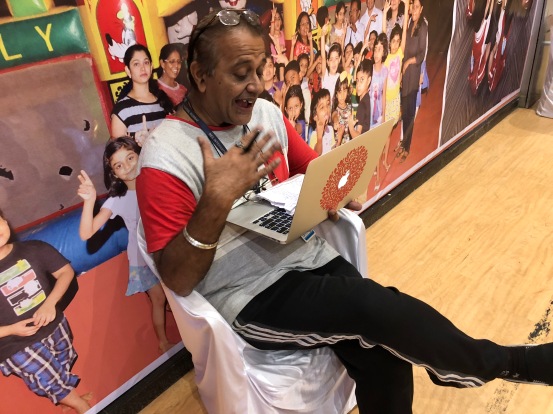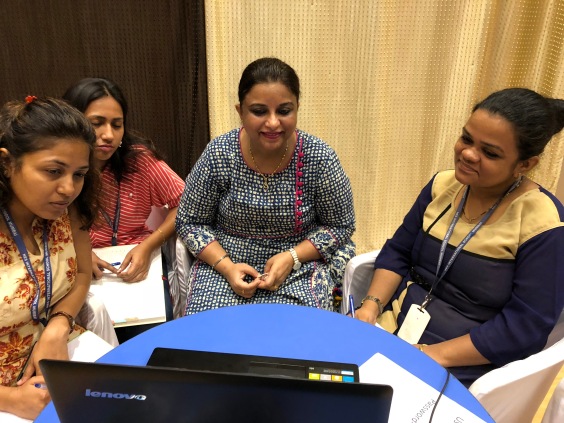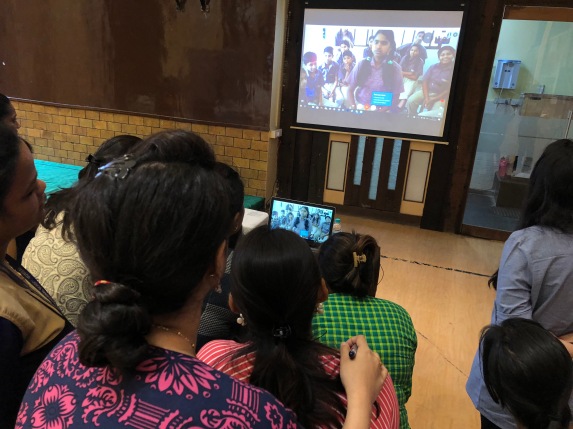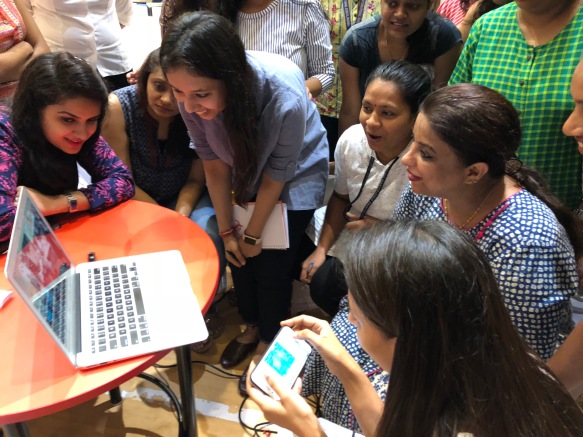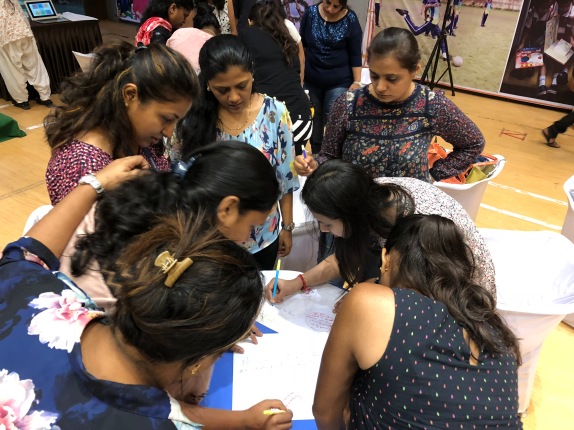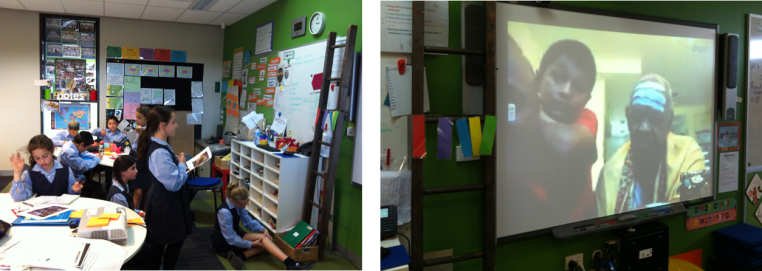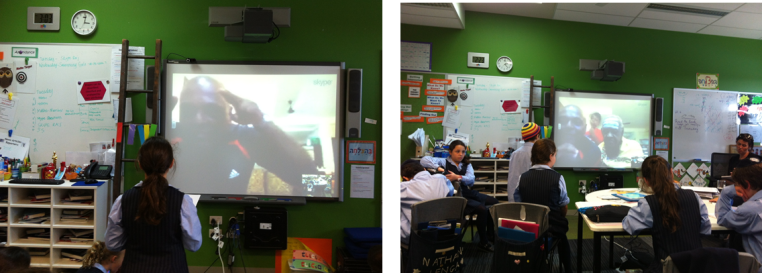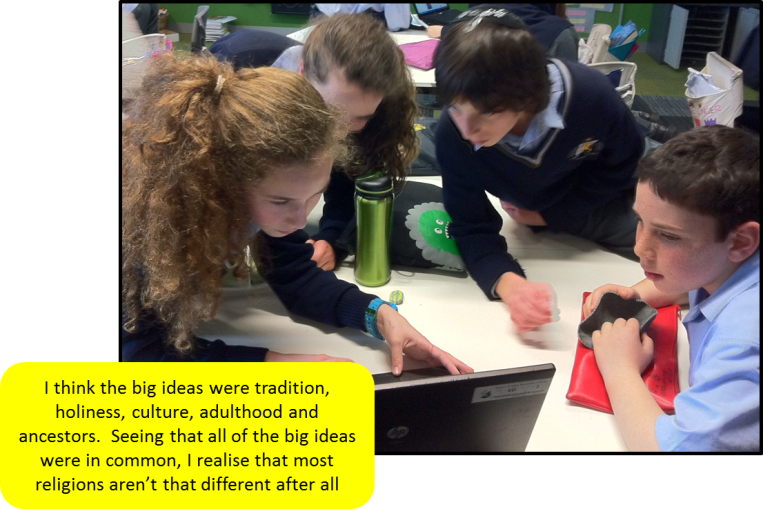Which image represents who you are an educator?
 It’s a check-in I often use in workshops as an ice breaker and a window into the beliefs of the people with whom I’m working.
It’s a check-in I often use in workshops as an ice breaker and a window into the beliefs of the people with whom I’m working.
I always choose the image of paper clips. There are multiple possible explanations but, most often, I talk about the value of being a connected educator, about how much I have learned through connecting globally with others to exchange ideas, collaborate, support and be supported.
No matter what workshop I lead, there will almost always be a time included for some or all of the participants to connect virtually with educators in the world beyond. Sometimes it’s because participants have questions about areas in which I don’t have expertise. Sometimes it’s to meet the needs of specific participants and give them opportunities to pursue their own inquiries. And, sometimes it’s to demonstrate the power of global connections.
I’m always extremely grateful to the educators who give of their time, often on weekends, to join in virtually and share so freely with others. Usually they are ‘my people’, the incredible leaders and teachers with whom I work at my own school. Often they are ‘my other people’ – the generous educators who are part of my online professional learning network, many of whom I have never met face to face, with whom I have a reciprocal relationship. But sometimes, they are people I don’t know at all, recommended by others or identified through my online networks. To those contributors, I am especially grateful.
And here’s the surprise… While I’ve always seen it as others doing me a favour, in particular the people whom I don’t even know, it turns out that they see it as an opportunity! They appreciate being asked. They are delighted to have the chance to talk about what they do. They like making new connections and extending their own learning. The fact that they need to share pushes them to clarify their own thinking and identify what matters. I hadn’t really thought about it in this way till I received messages like these:
“That would be a treat. Thank you so much for thinking of me. I love sharing what we do here in this corner of the world… For me, this is a wonderful opportunity.”
” I really enjoy those discussions and am happy to help again… The practice I get in situations like this could only possibly help me to come out of my shell more and share more about what I do.”
And now, the drama teacher whom I met at my previous workshop in India, who so enjoyed his virtual conversations with teachers in Brazil, Korea and China (the first time he’d had such experiences) has jumped at the opportunity to pay it forward by connecting with a drama teacher in a coming Australian workshop…









